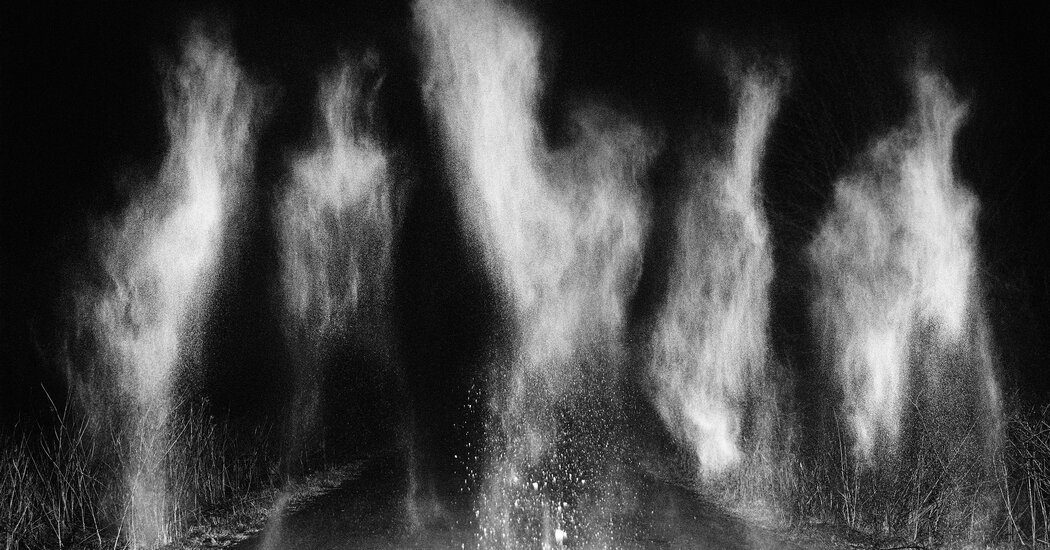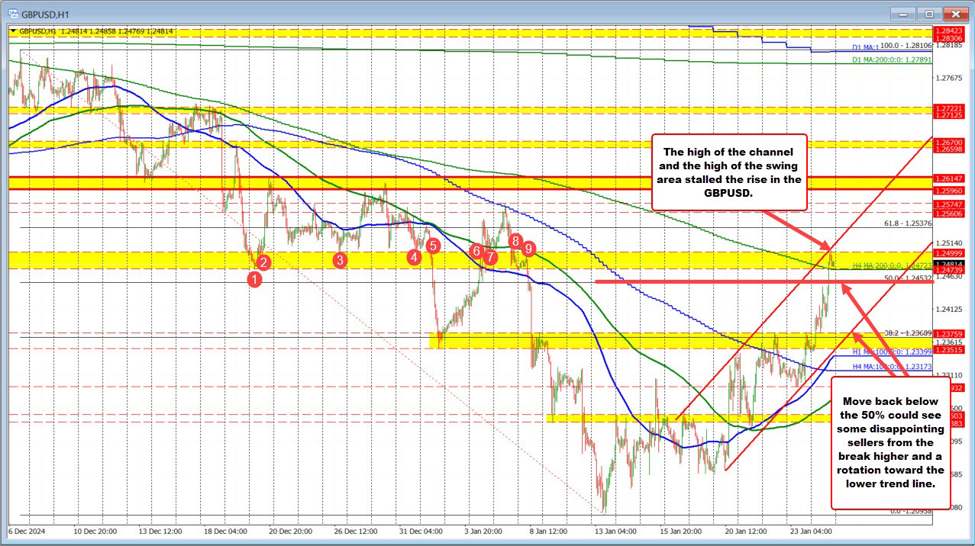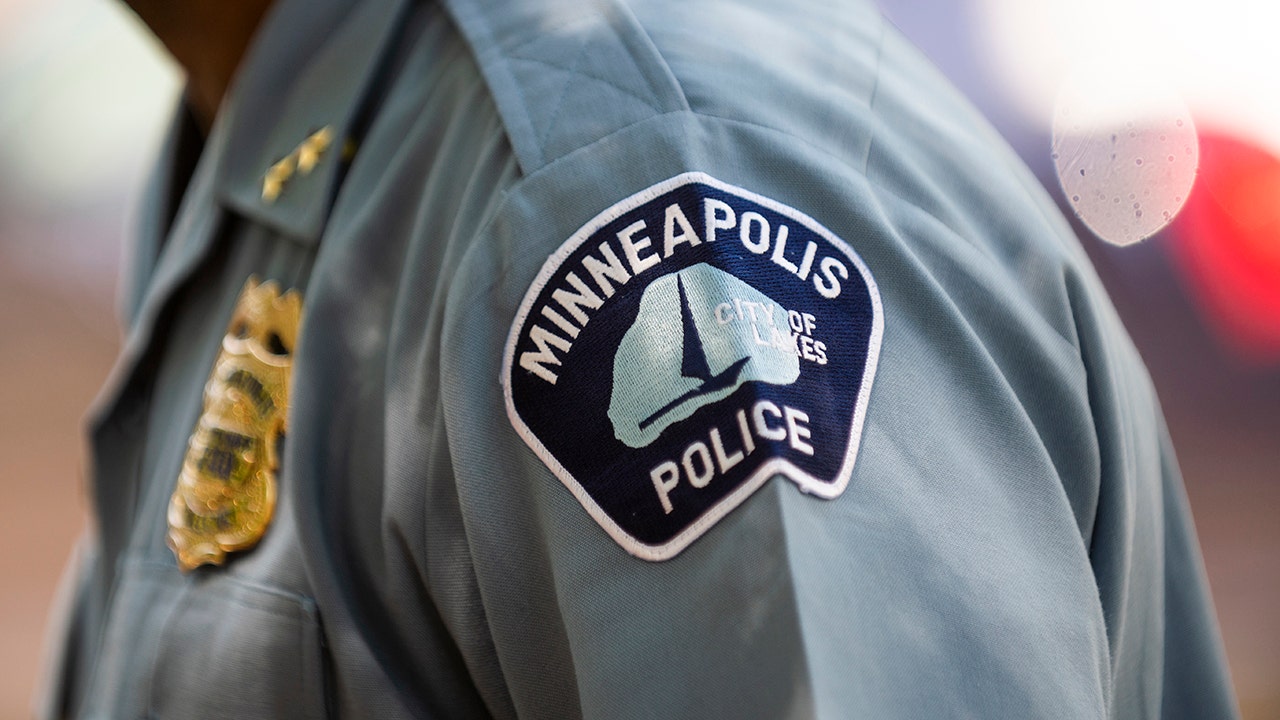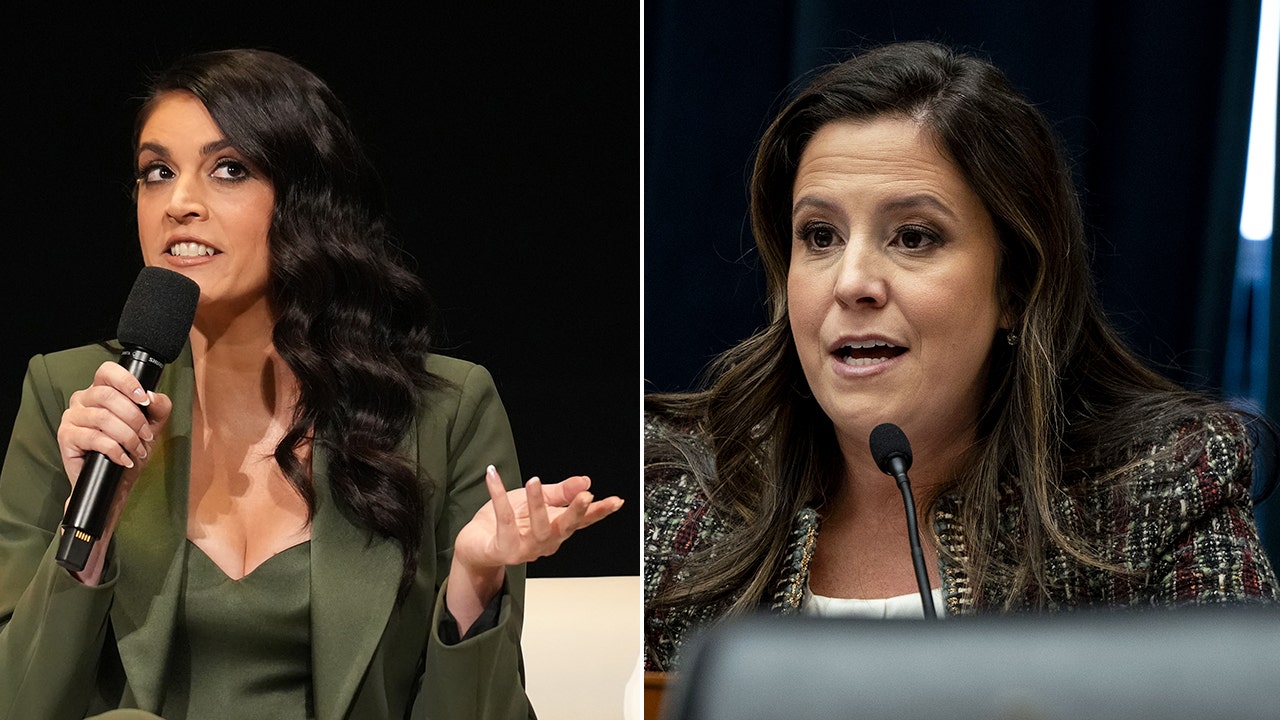The continued snubbing is confounding. Horror’s appeal now extends well beyond the weirdos who once flocked to double features and midnight madness screenings. The genre has proved to be one of the few that can reliably lure audiences to see original, non-franchise fare on the big screen. Consider the success last year of “Longlegs,” a chillingly inventive “Silence of the Lambs” homage, which rode an ingenious marketing campaign and a flamboyant performance from Nicolas Cage to a box office return of over $125 million worldwide, making it the year’s highest grossing independent film.
Last year also solidified the rise of a new generation of auteur horror filmmakers, such as Robert Eggers, whose darkly erotic “Nosferatu” remake earned four Oscar nominations, but in the technical categories of cinematography, costume design, makeup and hairstyling and production design. The director Jane Schoenbrun delivered a genre-blurring art-house hit, “I Saw the TV Glow,” that was as good as any movie that came out last year, and is a perfect example of the kind of original horror that the Oscars habitually ignore. “I Saw the TV Glow” employed Lynchian surrealism to explore gender dysphoria and the film’s preoccupation with the ways pop culture can speak to alienated youth feels profound and essential. Yet as far as the Academy is concerned, “I Saw the TV Glow” wasn’t just unworthy but invisible — an oversight made more notable by the recent death of Ms. Schoenbrun’s professed inspiration, David Lynch.
Thankfully, the genre is thriving globally. The dark Danish period piece “The Girl With the Needle” earned an Oscar nomination for best international feature, the riveting French Canadian thriller “Red Rooms” won critical praise and South Korea’s “Exhuma” became a box office smash. And Ms. Moore’s welcome acting nomination for “The Substance” is an overdue acknowledgment that horror is a genre where many of the most memorable, and memorably unhinged, performances can be found. Along with Ms. Moore, last year brought Mr. Cage in “Longlegs” and Hugh Grant in the sinister hit “Heretic.” But when Ms. Moore and Mr. Grant were nominated for Golden Globes, they were in the musical or comedy categories, the sort of absurd mischaracterization that illustrates how ill-equipped the award season apparatus is to honor worthy work in the horror genre.
In 2018, when “Get Out,” a widely praised horror-satire hybrid, received a best picture nomination and won an Oscar for best original screenplay, it seemed to herald a new era of recognition for horror’s artistry. (Even as some traditionalist Academy voters anonymously whined that it was “not an Oscar film.”) Mr. Peele’s film introduced mainstream audiences to horror’s ability to potently confront pressing issues of race and class. Yet while scary movies have continued to evolve and excel, additional awards recognition has seldom followed. This year’s nominations confirm that the Academy will occasionally recognize those scary movies, such as “Get Out” or “The Substance,” that serve as vehicles for overt social commentary — a stance that’s consistent with the kind of film the Oscars tends to celebrate, but that renders the institution blind to the artistry of other exceptional horror films.
As horror fans — an increasingly expansive and inclusive group — already understand, the thrill of a great scare comes from a deep and primal place. Horror has already staked its claim as the pre-eminent genre of our moment. It’s time for Academy voters to stop covering their eyes.















